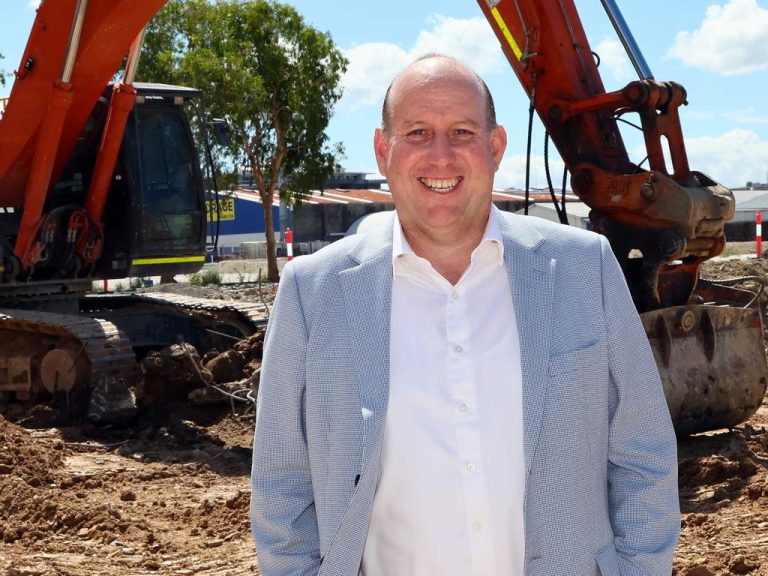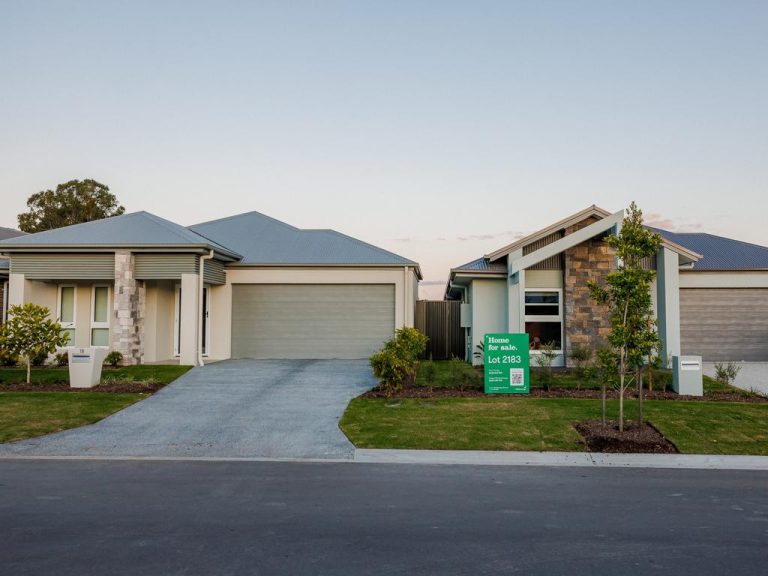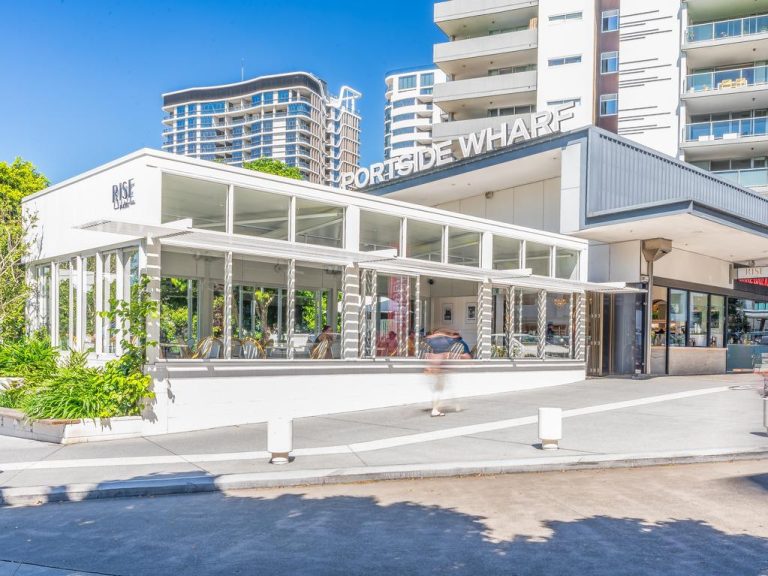Capital cities in ‘highly overvalued’ house price bubble, says UBS

Sydney’s property market remains ‘highly overvalued’ on a global basis, despite recent price falls, UBS says. Picture: Gaye Gerard/NCA NewsWire
Sydney’s property market remains “highly overvalued” on a global basis, despite recent price falls, investment bank UBS says.
The bank warned that imbalances in city housing markets around the world were “highly elevated” with prices out of sync with rising interest rates.
Although the Australian market had seen a jump in house prices on the back of government stimulus during the pandemic, rising interest rates are dragging the market back down to earth.
The UBS team said that other markets around the world, including Toronto and Frankfurt, now showed higher risks, with both markets “exhibiting pronounced price bubble characteristics”.
The bank also called out risks in “elevated risks” in Zurich, Munich, Hong Kong, Vancouver, Amsterdam and Tokyo.
The yearly UBS Global Real Estate Bubble Index showed that Australia’s gateway city had experienced price falls.
“In Sydney, prices surged altogether by more than 30 per cent in 2020 and 2021 before the tightening of lending standards last year and aggressive interest rate hikes this year sharply reduced affordability,” the bank said.

Sydney’s property market remains “highly overvalued” on a global basis, despite recent price falls, investment bank UBS says. Picture: Lisa Maree Williams/Getty Images
“Consequently, prices have already dropped by more than 5 per cent during the second quarter of 2022. The market still remains highly overvalued.”
It also identified problems in the United States with the bank finding that all five cities it analysed were in “overvalued” territory with the imbalance more distinct in Miami and Los Angeles than in San Francisco, Boston, and New York.
Housing markets in Stockholm, Paris, and Sydney remain overvalued despite some cooling trends.
Other housing markets with signs of overvaluation include Geneva, London, Madrid, and Singapore. Sao Paulo – an addition to this year’s index – is fairly valued alongside Milan and Warsaw. Despite a buoyant year, Dubai’s housing market is in fair-value territory, too.
Nominal house price growth across 25 cities increased almost 10 per cent on average from mid-2021 to mid-2022, the highest yearly growth rate since 2007.
Household debt grew faster than the long-term average for the second consecutive year, and there was increased growth of outstanding mortgages was evident across almost all cities.
Low interest rates have driven home prices up, drifting apart from incomes and rents, with price ascents by an average of 60 per cent in inflation-adjusted terms while real incomes and rents have increased only by 12 per cent.
UBS Global Wealth Management chief investment officer Claudio Saputelli said inflation and asset losses due to the current turmoil in the financial markets were reducing household purchasing power, which curbed demand for additional living space.
“Housing is thus also becoming less attractive as an investment, as borrowing costs in many cities increasingly exceed the yields of buy-to-let investments,” he said.
The amount of living space that is financially affordable for a highly-skilled service worker is, on average, one-third lower than it was before the pandemic, according to the bank.
This is paired with mortgage rates doubling across all cities in the study since their lowest point in the middle of 2021.
The lead author of the study Matthias Holzhey said the owner-occupied housing boom was finally under pressure globally, and in a majority of the highly-valued cities, significant price corrections were to be expected in the coming quarters.
The outlook for the nation’s residential market is tough, with major investment houses making forecasts of 20 per cent house price declines.
While there was some relief last week as the Reserve Bank delivered a reprieve on the rates front, this quantum of peak to trough fall would drag the housing market back to earth at the rate at which the GFC flattened US housing.
Home sales are also slower in many markets than last year, although monthly house price data recorded a slowdown in the rate of declines through September, according to research house PropTrack.
It said that national home price falls steadied in September amid the spring selling season, with home prices nationally falling 0.19 per cent for the month, the smallest price fall since prices started to decline in April this year.
Capital city prices overall have reversed to sit at their level a year ago. But Sydney and Melbourne – which have been leading prices falls across the country – saw falls ease.
House prices in Melbourne dropped below year-ago levels for the first time since 2019 after falling by 0.29 per cent and Sydney prices fell 0.18 per cent, PropTrack said.
The researcher has warned that the mix of interest rates moving sharply higher, rising mortgage rates and expectations of continued price falls were weighing on buyer demand and contributing to slower selling activity.







